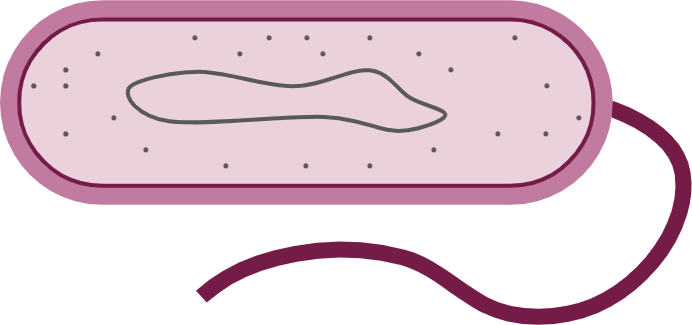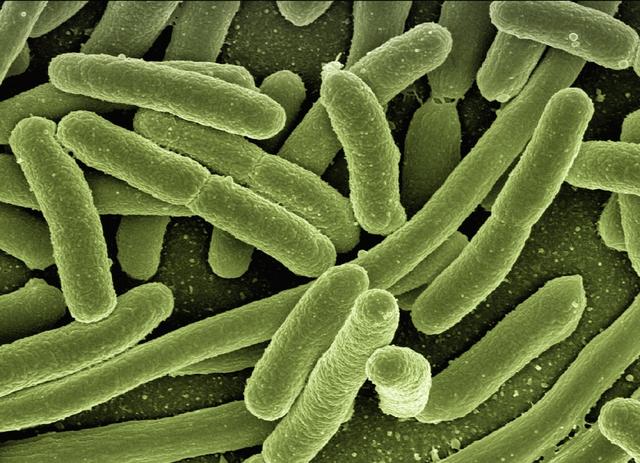Mutations and evolution in bacteria
I can describe examples of mutations in bacteria and explain why advantageous genetic variants became more common in the bacterial population.
Mutations and evolution in bacteria
I can describe examples of mutations in bacteria and explain why advantageous genetic variants became more common in the bacterial population.
These resources will be removed by end of Summer Term 2025.
Lesson details
Key learning points
- An example of a mutation in bacteria that could be helpful to humans (e.g. ability to digest man-made waste).
- An example of a mutation in bacteria that is dangerous to humans (e.g. antibiotic resistance).
- Explanations of examples at the genetic level using ideas about mutation, natural selection and asexual reproduction.
- Explanations to include why advantageous genetic variants become more common in the bacteria over generations.
Keywords
Natural selection - Organisms that are better adapted to their environment are more likely to survive, reproduce and pass on their genes to their offspring.
Micro-organism - Microscopic living thing, such as a bacterium or an amoeba.
Mutation - A change in the nucleotide base sequence in the DNA of the genome.
Genetic variant - A region of DNA in which the sequence of nucleotide bases has been changed.
Asexual reproduction - A form of reproduction in which a cell divides to produce two genetically identical cells.
Common misconception
Pupils may think that bacteria are not living organisms and/or do not evolve. Pupils may also think that all bacteria are harmful.
The lesson explores two examples of evolution in bacteria, explaining each example through mutation, reproduction and natural selection.
To help you plan your year 11 combined science lesson on: Mutations and evolution in bacteria, download all teaching resources for free and adapt to suit your pupils' needs...
To help you plan your year 11 combined science lesson on: Mutations and evolution in bacteria, download all teaching resources for free and adapt to suit your pupils' needs.
The starter quiz will activate and check your pupils' prior knowledge, with versions available both with and without answers in PDF format.
We use learning cycles to break down learning into key concepts or ideas linked to the learning outcome. Each learning cycle features explanations with checks for understanding and practice tasks with feedback. All of this is found in our slide decks, ready for you to download and edit. The practice tasks are also available as printable worksheets and some lessons have additional materials with extra material you might need for teaching the lesson.
The assessment exit quiz will test your pupils' understanding of the key learning points.
Our video is a tool for planning, showing how other teachers might teach the lesson, offering helpful tips, modelled explanations and inspiration for your own delivery in the classroom. Plus, you can set it as homework or revision for pupils and keep their learning on track by sharing an online pupil version of this lesson.
Explore more key stage 4 combined science lessons from the Variation and natural selection at the genetic level unit, dive into the full secondary combined science curriculum, or learn more about lesson planning.

Equipment
None required.
Licence
Starter quiz
6 Questions



a region of DNA in which the nucleotide base sequence has been changed
a process that changes the nucleotide base sequence in a region of DNA
the process by which most scientists believe evolution occurs
Exit quiz
6 Questions










